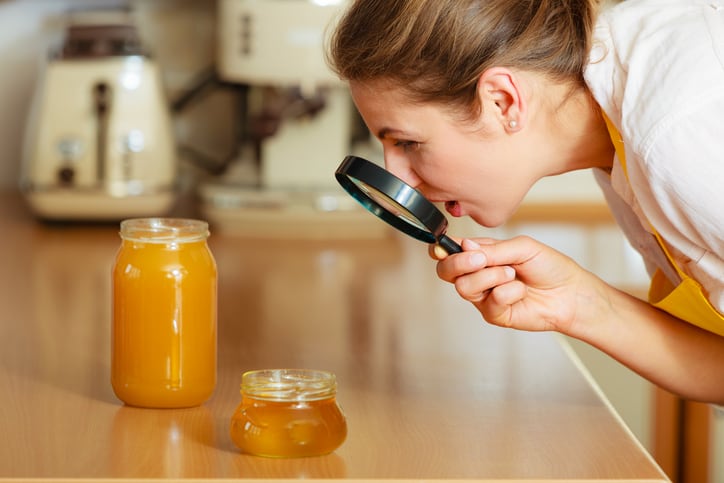Speaking at the Westminster Food and Nutrition forum held in London yesterday (09 May), Sue Eustace said industry initiatives that had a targeted, local approach were key to meeting the challenge of childhood obesity.
The UK government has put advertising and promotions at the heart of its strategy to halve childhood obesity – especially in the most deprived areas – by 2030.
Its public consultation, launched in March, proposes four options: do nothing, a broadcast watershed, a broadcast and online watershed, or just an online watershed.
“The industry supports regulation but we don’t support a watershed,” said Eustace, who suggested that the rise in obesity has occurred during a decade of declining exposure to HFSS advertising.
“From the government’s own impact assessment, advertising exposure since 2005 has fallen by 70% and the decline has accelerated year-on-year.”
“We don’t really feel that these trends provide convincing proof that childhood obesity is reversed through advertising restrictions.”
She added that the proposed watershed would not work online as advertising is targeted based on interests, not on time of day.
“On TV and online most of the food advertising is targeted at adults not children. Something like 95% of all TV and online food advertising is viewed by adults. We feel the watershed approach is disproportionate approach that won’t make much impact on obesity."
She cited the case of Quebec, where advertising to children, including food advertising along with other products, was banned in 1980 but not banned in the rest of Canada. “The ban was not a childhood obesity measure but it is noticeable that the ban didn’t make a difference to childhood obesity rates in Quebec, which remained similar to the rest of the country,” she said.
“Indeed the prevalence of overweight and obesity among children in Quebec grew 140% during the first 15 full years of the advertising ban – a faster increase than elsewhere in Canada.”
The advertising industry says it can help with the obesity challenge
With obesity prevalence worse in deprived areas, “we should target measures and resources at the local level where they are needed most rather than go down the counter-productive route of nationwide bans,” said Eustace.
“We do think we have a role to play. It’s not that we don’t believe in rules – we support a proportionate approach. We endeavour to support and implement the restriction already in place. But there is a lot that every part of society can be doing.”
Salutary lessons from Amsterdam and Leeds
The examples of Leeds and Amsterdam, which have both made some progress on tackling childhood obesity, offer lessons for how to tackle obesity, claims the Advertising Association. Leeds has seen a 6.4% fall in obesity rates over recent years, with the biggest falls seen in deprived areas. At the core of the Leeds city council strategy was a drive to promote healthy eating among pre-school children. They were also encouraged to get active through dancing. Parenting classes also encouraged healthy snacking.
Amsterdam’s healthy-weight programme has seen a 12% drop in overweight and obese children. They had the biggest declines in obesity in the lowest socio-economic groups. Again, at the core of the strategy were schemes to promote healthy eating and exercise.
Campaigners still want the 9pm curfew
However, campaigners such as Sustain, the UK alliance for food and farming, are calling for action on junk food marketing. It claims parents' efforts to help their children eat healthily are being undermined by sophisticated promotions for unhealthy foods on TV and online. It claims these adverts are exploiting loopholes in advertising regulations.
Barbara Crowther, from Sustain, said a programme such as 'the Voice' – which is “not a programme that is targeting children but it is one of the most popular programmes for children” is one reason “why we are asking for a 9pm watershed to come in place.”
Under current rules, HFSS ads are banned where seven and a half out of every 10 audience members are adults. But restrictions on adult-only audiences are hard to justify, said Shahriar Coupal, director of CAP, which is responsible for writing and maintaining the UK Advertising Codes. "We accept that where we have child only audiences you cannot show HFSS ads to those audiences but it seems difficult to justify restrictions on adult only audiences... it's a difficult balancing act."





